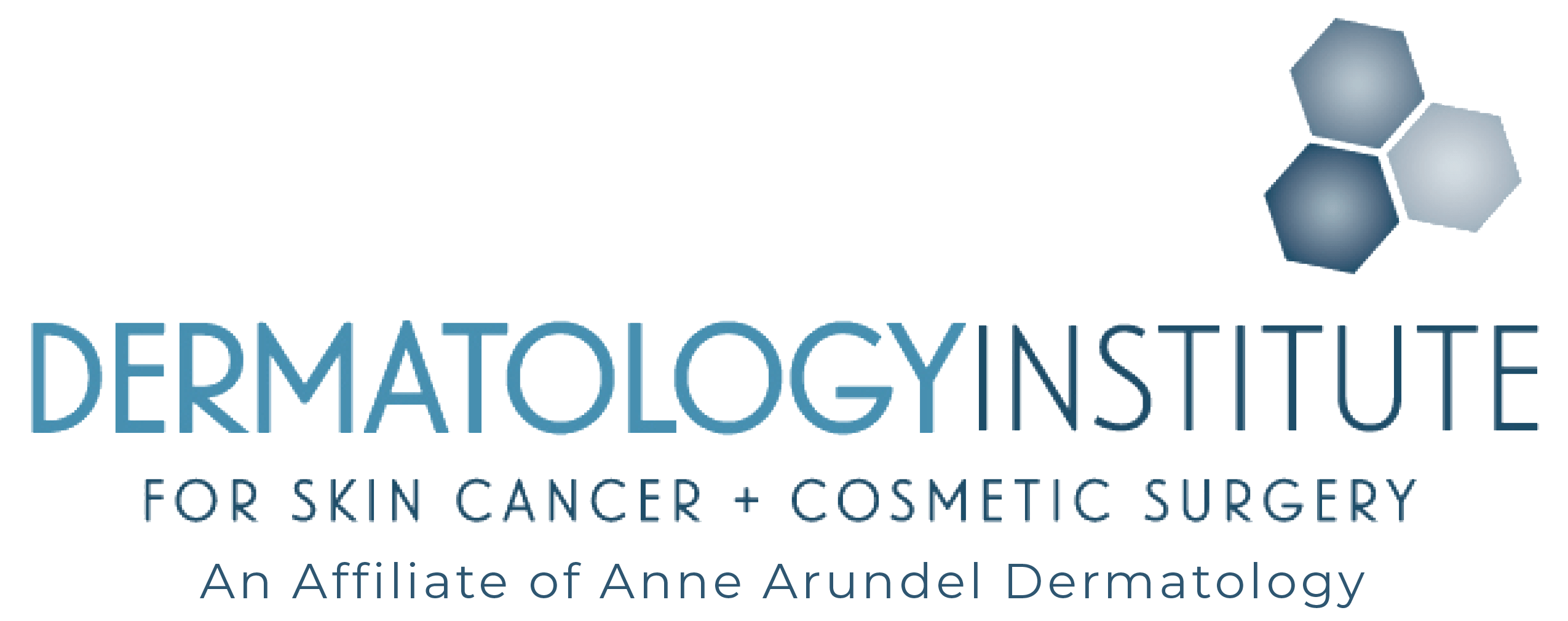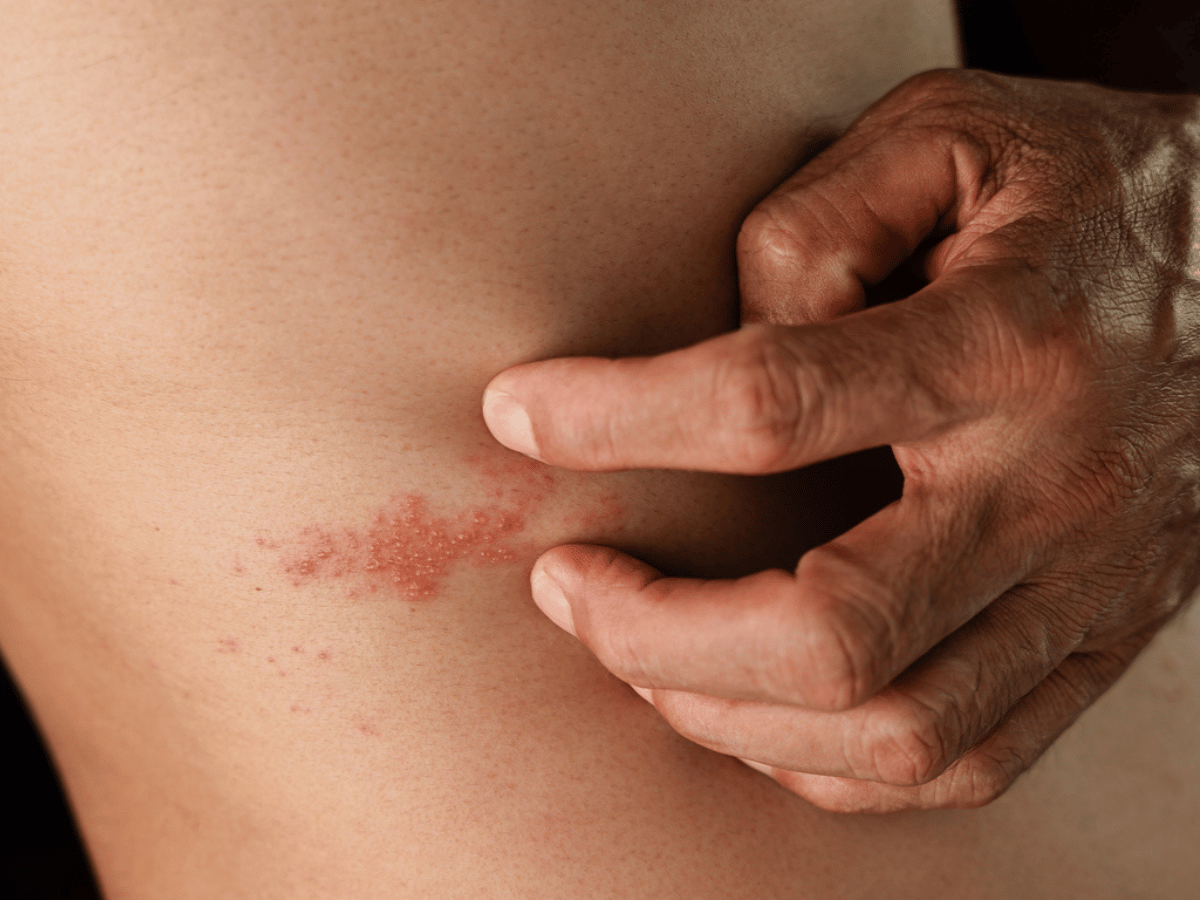What Is Shingles?
Shingles or Herpes Zoster is a skin condition characterized by a painful itching rash which can occur over multiple body areas. Anyone who has had a previous history of chickenpox or the immunization against the chickenpox virus can develop this disorder. Both the chickenpox virus (varicella) and the shingles virus are related. It is thought that the initial chicken pox virus remains in a dormant state for many years. With the appropriate stimulation, i.e. stress, infection, heat, cold or time, the chicken pox virus can reactivate and cause a shingles rash to occur.
CAUSES
Inflammation is thought to arise as a result of yeast overgrowth (Pityrosporum orbiculare) which colonizes affected individuals.
RISK FACTORS
Infants are at risk early in life, when they develop “cradle cap”. This disorder is characterized by a symptomatic crusting of the scalp. Most of the time, it is the worried parent who brings the condition to the attention of their dermatologist. Other individuals including those with immune deficiency disorders, diabetes, malignancy or HIV are more susceptible. Finally, those with psoriasis, acne or Parkinson’s disease are prone to develop seborrheic dermatitis.
SYMPTOMS
The main symptoms of shingles include:
- Pain, burning, or tingling: This usually occurs in one area on one side of the body, often preceding the rash by a few days.
- Red rash: Appears a few days after the pain and typically forms a stripe around one side of the body or face.
- Fluid-filled blisters: These blisters form in the rash area and eventually burst and crust over.
- Itching: The affected area may feel itchy or tender.
- Sensitivity to touch: The skin in the affected area may be sensitive.
- Fever, headache, and fatigue: These flu-like symptoms may accompany the rash.
Early treatment can help reduce the severity and duration of shingles, so it is important to seek medical attention if you suspect you have it.
FAQs
Can scarring occur with shingles?
Yes, scarring can occur in patients who have a widespread disease or whose treatment is resistant to antiviral medications. Thankfully, scarring is not a common occurrence when a shingles eruption occurs.
What are some treatment options available for shingles?
Antiviral agents such as acyclovir, Valtrex™ or Famvir™ are first line medications for the treatment of shingles. These medications work through inhibiting viral replication. Dr. Harvey may also recommend topical treatments such as Denavir™ cream, oatmeal baths or corticosteroid creams to help with symptoms of itching or burning. Finally, for those cases in which intense pain develops, anesthetic creams or nerve blocks may be employed. A vaccination (Zostavax) is also available. It is important to remember to:
- Avoid picking or scratching at fresh blisters as this can increase the risk of spreading a shingles infection.
- Do not take aspirin if you have shingles as flu like symptoms may occur.
- An eye exam is required for a shingles rash that occurs on the cheek or nose.
- If you suffer from repeated bouts of shingles, a thorough physical examination is required.
- For uncontrolled pain, a neurology or pain management consultation may be needed.
Is shingles contagious?
Yes, but less so than the initial chicken pox infection. Newborns and those patients with a suppressed immune system are at high risk. Contact with the blister fluid is necessary for viral spread so it is important to be careful not to touch a blister that has fluid in it.
Our Locations
Visit Dermatology Institute
Our team provides thoughtful, expert care for all your skin health needs. We are proud to offer the most advanced general, surgical, and cosmetic dermatological services in the Newnan and LaGrange areas.

